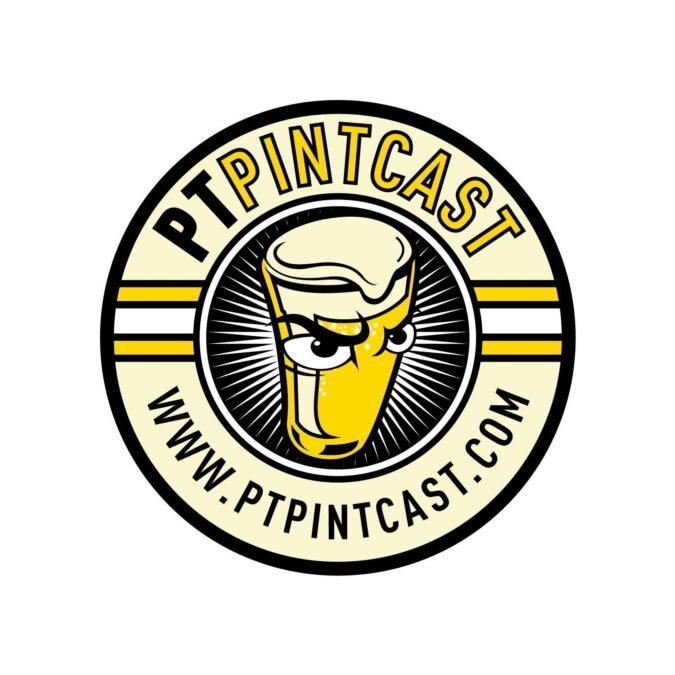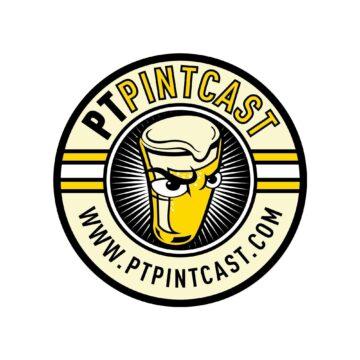Penny Goldberg is an Innovation Champion at ReQuest Physical Therapy and the founder of Optimal Education LLC. Penny’s mission is to bridge the gap between classroom learning and practical clinic knowledge for students and new grads. Through her insights, we dive into the world of insurance, billing, and documentation, understanding how these aspects are essential for clinicians to practice at the top of their license while ensuring they get paid for their expertise.
Meet Our Guest: Penny Goldberg
- Role: Innovation Champion at ReQuest Physical Therapy, Founder of Optimal Education LLC
- Passion: Helping clinicians develop into visible experts and empowering students and new grads in their journey.
- Contact: Email | Twitter | Instagram | Facebook
Topics Covered:
Topic #1: The Difference Between Upcoding and Billing for What the Patient Needs
- Understanding that the patient’s needs should determine the billing, not overinflated codes.
- Highlighting the ethical and legal implications of using untimed codes as a revenue generator.
- Navigating payer rules and state practice acts for legitimate and ethical billing.
Topic #2: Determining the Intent of the Exercise and Its Relationship to Coding
- Discussing how the intent of the exercise dictates the appropriate billing code.
- Recognizing that different codes are compensated differently based on the level of skill required.
Topic #3: Effective Documentation to Support Accurate Billing
- Exploring the necessity of documenting impairments that align with the intent of interventions.
- Emphasizing medical necessity and ethical considerations in treatment selection.
- Shifting focus from excessive daily notes to impactful progress notes.
Key Takeaways:
- The importance of aligning billing with patient needs and exercising ethical billing practices.
- How exercise intent directly influences the selection of billing codes.
- The significance of proper documentation in supporting accurate billing and legal compliance.
- Addressing misconceptions about insurance, billing, and documentation to empower clinicians.








